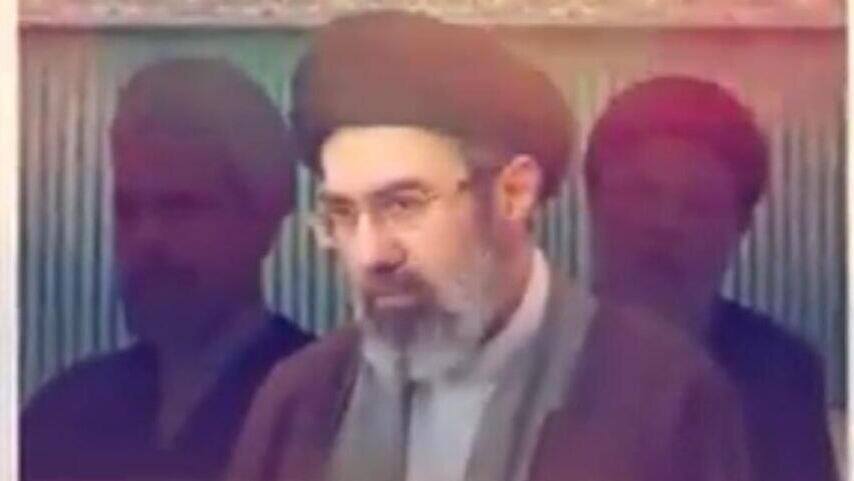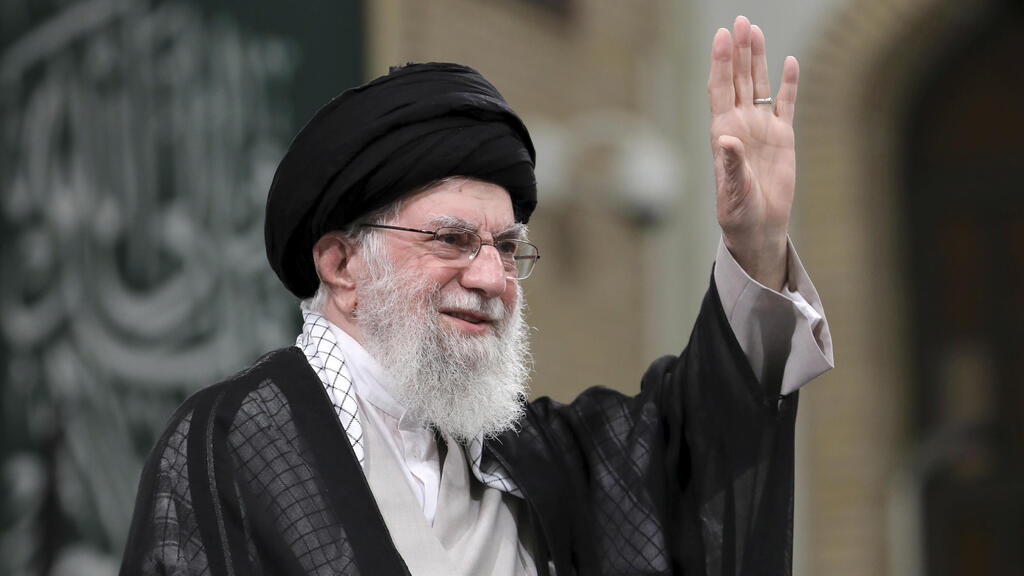Getting your Trinity Audio player ready...
Mojtaba Khamenei, 55, the second son of Iran’s Supreme Leader Ayatollah Ali Khamenei, has been chosen in a secret vote as his father’s successor, according to a report by opposition-affiliated news outlet Iran International.
The report published on Sunday suggests Mojtaba could assume the role even before his 85-year-old father’s death, as the elder Khamenei is rumored to be gravely ill.
The supreme leader is traditionally selected by the Assembly of Experts, an 88-member clerical body elected every eight years by the public but vetted by the Guardian Council, whose members are directly or indirectly appointed by the supreme leader.
Speculation over Khamenei’s successor intensified in May after a helicopter crash involving former President Ebrahim Raisi, who had been considered the frontrunner for the role. While Raisi had not denied ambitions for the position, the crash is believed to have altered the political landscape.
A powerful but controversial figure
Mojtaba Khamenei, a cleric like his father, was born in Mashhad and is married with two children. He is a shadowy figure with significant influence among his father’s loyalists. Following the 1979 Islamic Revolution, the family moved to Tehran, where Mojtaba attended a high school for children of the leaders of the revolution. His father’s political rise culminated in his presidency in 1981.
Mojtaba served in the Iran-Iraq War during the 1980s, forging ties with individuals who would later become prominent figures in Iran’s security apparatus, including Hossein Taeb, a senior official in the Islamic Revolutionary Guard Corps (IRGC). Over the years, Mojtaba has drawn international attention. In 2019, the United States accused him of collaborating closely with the IRGC and the Basij, a paramilitary volunteer force under the IRGC, to further his father’s destabilizing regional ambitions.
Domestically, Mojtaba has faced allegations of suppressing dissent. In 2009, he backed Taeb, then the Basij commander, in the violent crackdown on Green Movement protesters. He was also targeted by demonstrators during the protests sparked by the 2022 death of Mahsa Amini, who died in custody after being detained by the morality police for allegedly failing to properly wear her hijab.
Critics in Iran argue that Mojtaba lacks the religious credentials and managerial experience to succeed his father. Some clerics and commentators have dismissed the idea of dynastic succession as un-Islamic, likening it to monarchy.
While Mojtaba is seen as a leading candidate, other figures have been mentioned as possible successors, including cleric and politician Mohammad Mehdi Mirbagheri and cleric Ali Reza Arafi. Former President Hassan Rouhani and Sadeq Larijani, the former judiciary chief, have also been named as having ambitions for the role.
The reliability of the Iran International report is unclear. The outlet, which broadcasts in Persian and has ties to Saudi Arabia and Iranian opposition groups, often focuses on anti-regime narratives. However, the secrecy surrounding succession planning in Tehran makes the situation opaque. Analysts suggest the IRGC will likely work to block any candidate it deems unsuitable.
Get the Ynetnews app on your smartphone:




